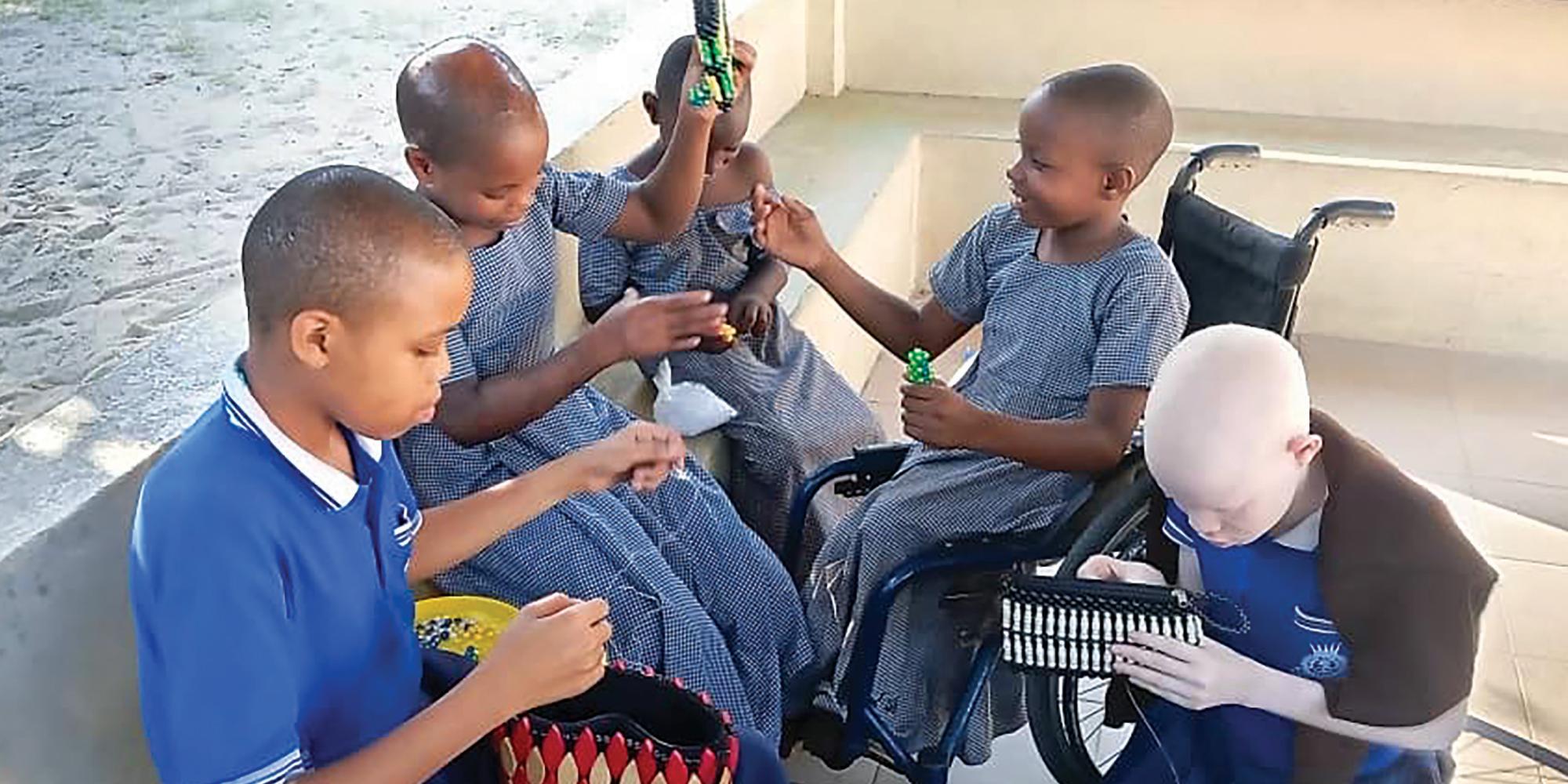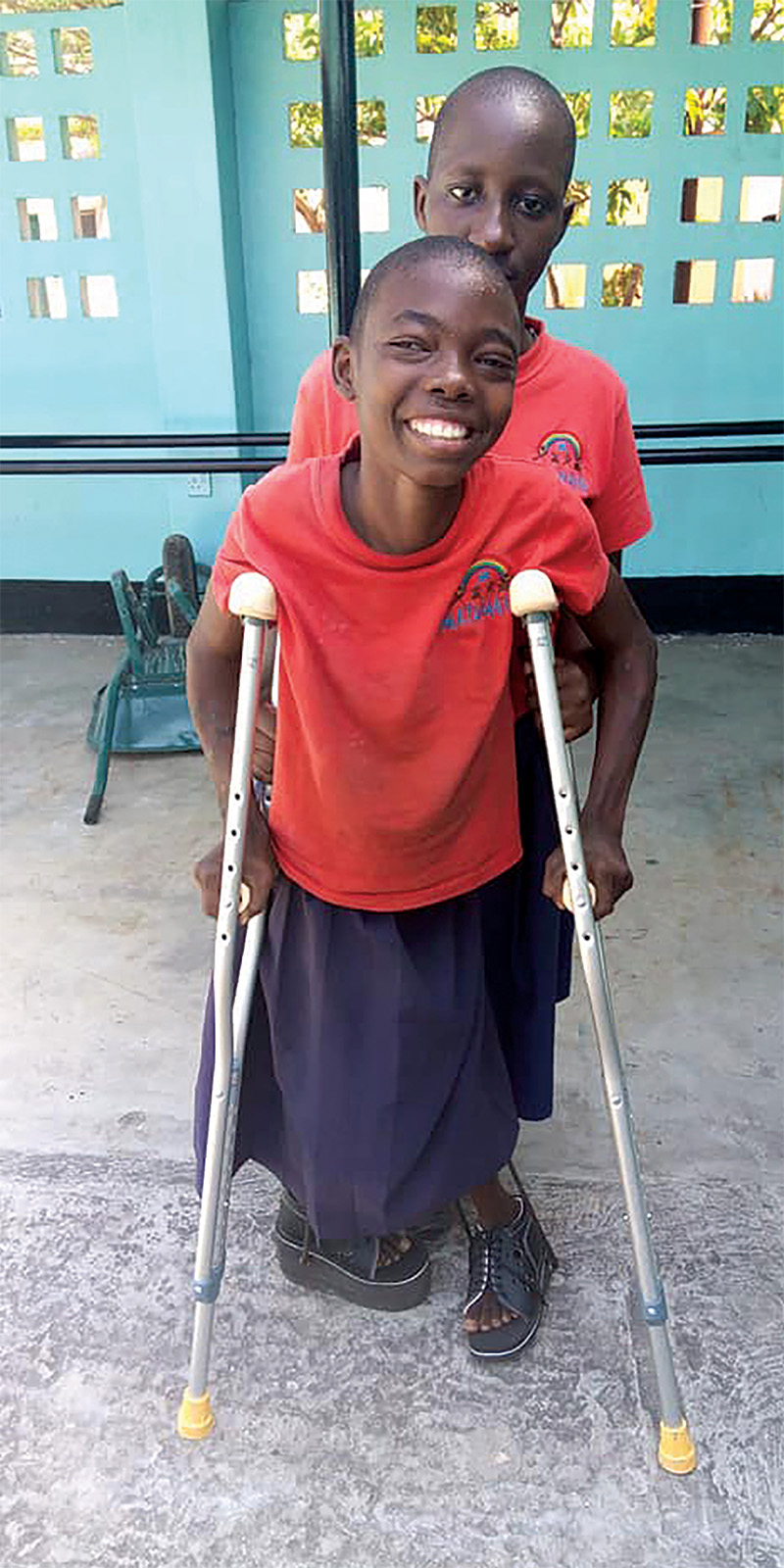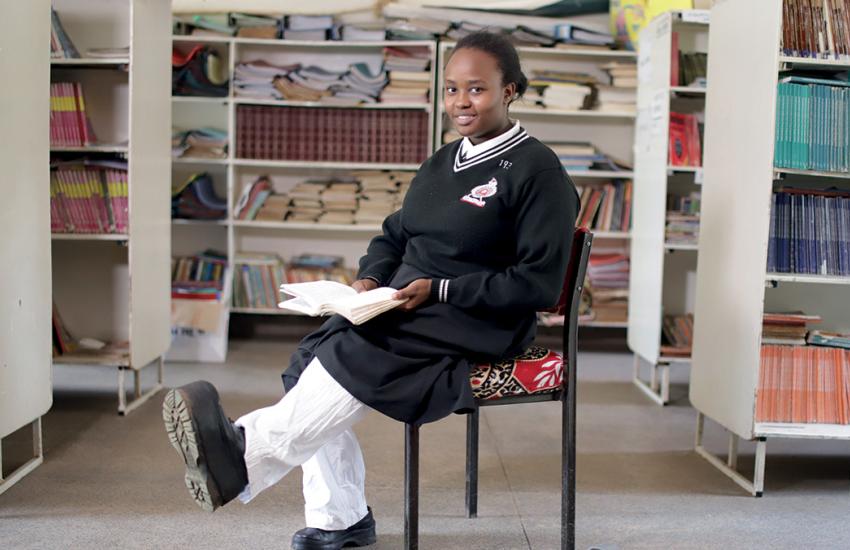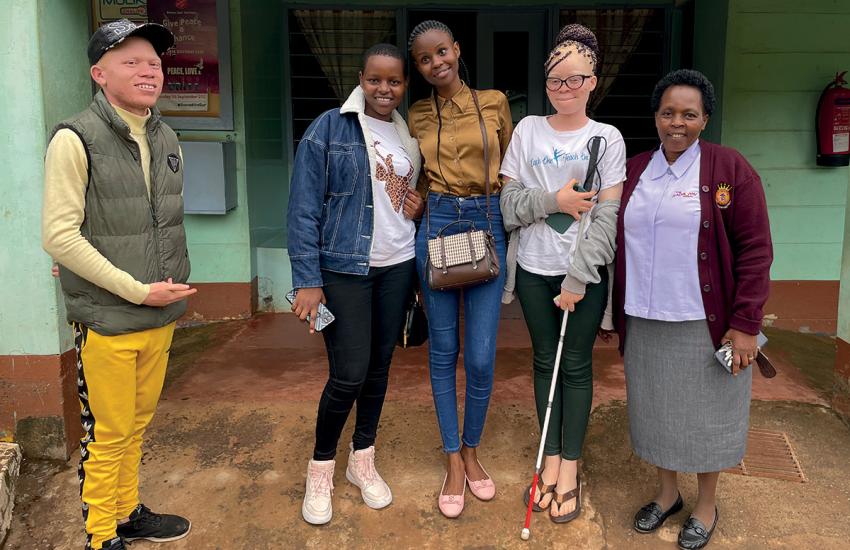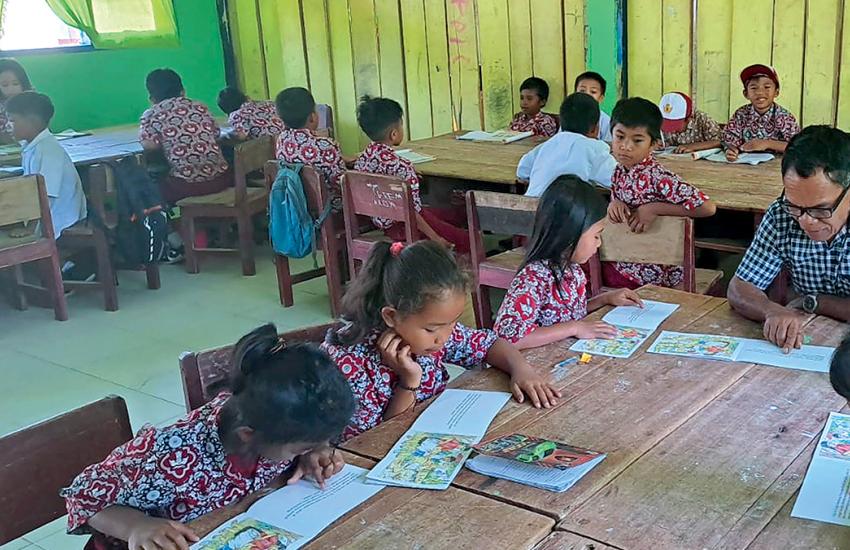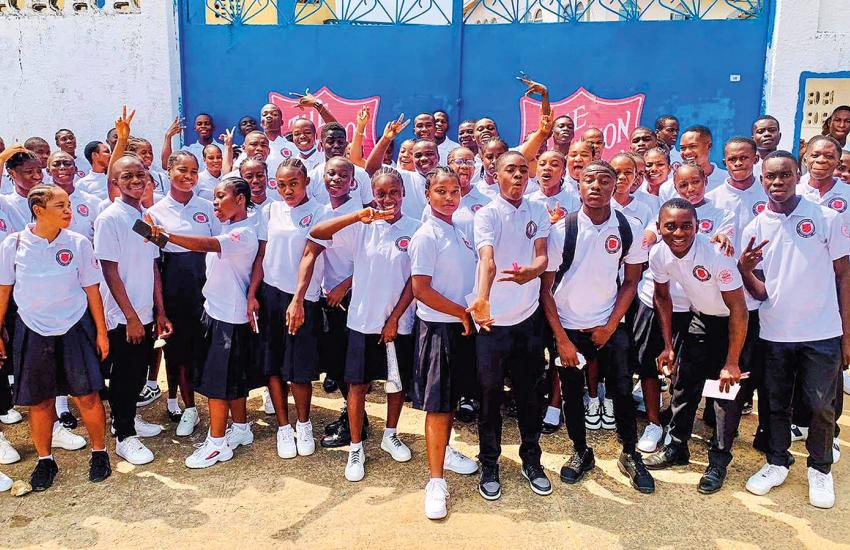Matumaini means ‘hope’ in Swahili
Since the school started in 1967, it has been providing education and hope to primary school children living with physical disabilities and albinism. The school is run by the Tanzania Territory with generous support from other Salvation Army territories.
The school’s main aim is to support children with special needs who have historically been undervalued and kept from education because of their disabilities. It currently has a total of 210 students, 100 girls and 110 boys, recruited from all over the country.
As well as providing primary education, Matumaini School is also dedicated to improving the health of the children through physical therapy and surgery when needed. The onsite orthopaedic department provides specialised devices such as orthopaedic callipers, shoes and crutches.
Children learn new things outside of the classroom too. Recent study tours have included trips to Makumbusho historical camp and South Beach in Dar-es-Salaam. During a weekly study tour, pupils have a chance to socialise with students from Tanganyika International School.
